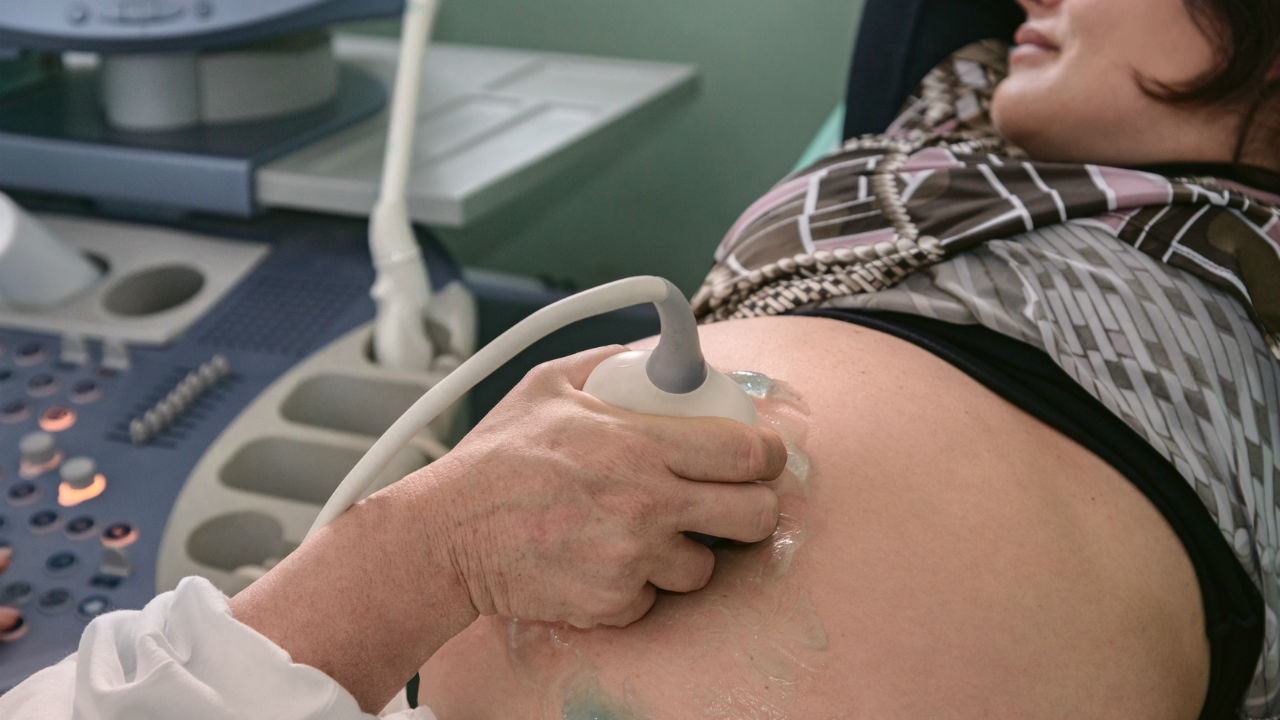Mayo Clinic describes preeclampsia as a condition marked by high blood pressure and excess protein in the urine after 20 weeks of pregnancy. Preeclampsia can be mild to severe. Left untreated, this condition is life-threatening not only to the baby, but to the mothers as well. Mother and child are at risk of seizures, placenta abruption, stroke and possible severe bleeding if medical attention is not given in a timely manner.
Symptoms and Risks:
Even though the some of following symptoms are normal in pregnancy, all expecting mothers are cautioned to be diligent with regards to keeping track of new problems that arise during pregnancy. Also, the sudden appearance of unexpected and questionable symptoms are one of the main reasons regular and consistent prenatal care is strongly recommended.
Symptoms may include:
High blood pressure
Excess protein in urine
Severe headaches
Changes in vision or even temporary vision loss
Upper abdominal pain
Nausea or vomiting
Dizziness
Decreased urine output
Sudden weight gain
Those at risk of preeclampsia include the following:
Persons with personal or family history of preeclampsia
Persons having their first pregnancy
Persons pregnant who are under 20 or over 40
Persons who are obese
Persons carrying twins or more during pregnancy
Persons who had a prolonged period between pregnancies
Persons with gestational diabetes
Persons with a history of certain health conditions – chronic high blood pressure, diabetes, kidney disease, migraine headaches, or lupus
Diagnosis and Treatment
With regular prenatal care, preeclampsia can be easily detected. Doctors will notice a change in blood pressure and/or urine. Just because one reading is off doesn’t mean you have preeclampsia. But your doctor will become more alert and may ask you in for another visit earlier than usual to take additional readings to be sure.
Once clearly diagnosed with preeclampsia, the only option for you and your baby is delivery. Hopefully, at this point in the pregnancy, it will be safe for an induced delivery. If it is too early for delivery, your doctor will recommend several things to prolong the pregnancy as long as possible. The first thing would be bed rest, then, medications to lower blood pressure, corticosteroids that temporarily improve liver and platelet functions (this aids in prolonging the pregnancy) and anticonvulsive medication that prevents seizures.
Prevention
Unfortunately, there is no way to prevent preeclampsia. The best way to cope with possibly getting a preeclampsia diagnosis is to take good care of yourself and get early and regular prenatal care according to the Mayo Clinic. This is because as long as there is early detection, your chances decrease in developing severe complications.
Sources:
The Mayo Clinic
Dita Faulkner is a freelance writer and girl who loves Red Toenails. See for yourself at:
http://www.lulu.com/product/paperback/red-toenails/6181258?productTrackingContext=center_search_results






Add a CommentComments
There are no comments yet. Be the first one and get the conversation started!